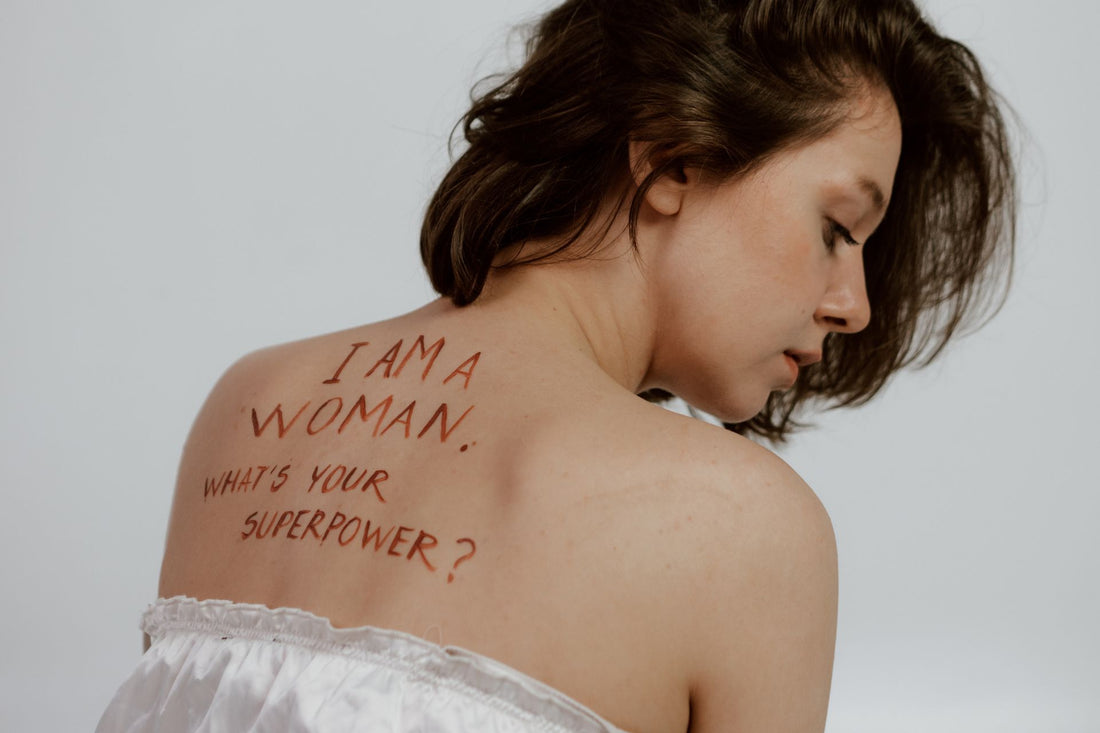
Do we still need feminism? Myths and facts - DYKKA.com
Share
Although feminism is a movement that has existed on Earth for decades, perhaps centuries, there are still myths, superstitions, and prejudices surrounding it. So what is the reality?

Myth One: Feminism means hating men.
The definition of feminism says that it is a movement or ideology that aims to give women, or men in general, rights. So as we can see, there is not a word in this definition about hatred towards anyone.
Many people in the feminist movement do not like the current structure of society, in which men generally have the upper hand (we call such a society patriarchal ), but their goal is mostly not to destroy men, but rather this system, which they believe harms men as well (they die more often in war, have greater financial responsibility, etc.).
Myth Two: Feminists are ugly.
This is more of a subjective opinion than a myth. On the other hand… Does it really matter what someone looks like?
Feminists are often mocked for being unshaven, unmade-up women who don't care much about fashion. But that also shows the double standards we have in society; we don't expect men to do such body modifications, and sometimes we even cast them down as a society for it (see labels like shampoo, metrosexual, effeminate guy, etc.).
Myth Three: Feminism is just an imported doctrine from the USA.
A lot of news about the fight for women's rights does come to us from the United States of America, as it is a world power. But that does not mean that the fight for women's rights originated (only) there.
In various parts of the world, women and non-binary people have been fighting for their rights since before the first American states were formed, whether they were ancient, medieval, or modern figures in the fields of art, warfare, spirituality, or politics. In fact, the word feminism comes from the French word féminisme , which only appeared in the nineteenth century.
In the history of the Czech Republic, we find many feminists among writers (e.g. Božena Němcová, Irena Obermannová), politicians (Františka Plamínková, Michaela Marksová), directors, artists and many others.
Myth Four: Feminism has nothing to offer LGBT+ people.
It is true that when some feminists talk about gender equality, they often limit themselves to the rights of cisgender heterosexual women. However, many in the feminist movement criticize this and call for a more inclusive, so-called intersectional feminism .
Precisely because mainstream feminism failed to point out the rights of multiply discriminated non-men (LGBT+ people, migrants, etc.), other movements for the rights of women and non-binary people emerged, such as womanism (focused on the fight for the rights of black women).
So where can I learn as much information as possible about feminism? The best is from feminists themselves :) For example, you can read feminist magazines (Heroine, Druhá : směna), listen to feminist vlogs and podcasts (Contrapoints in English, Kvóty in Czech) or follow some feminists on social networks.

